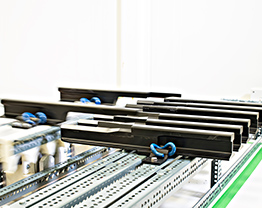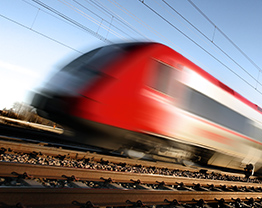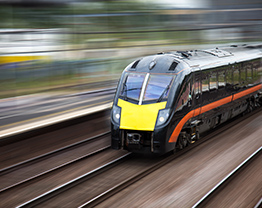Control Systems Group


Control Systems Group

The group uses modern control techniques and modelling expertise to improve efficiency and accuracy of systems involved in a range of areas, from transportation and energy to automation. Working closely with industry partners, the team ensures their research remains relevant and applicable to real-world problems faced.
Current examples include a redundant track switch designed by the Loughborough team, Repoint, which received several awards from a range of bodies in the engineering community, and is currently being developed for commercial deployment. The group is also active in several projects investigating the decarbonisation of road and rail transport.
RTS PRIORITY AREAS





Transport Safety Research Centre
Mechatronic switch test bed
Electric dynamometer and battery emulator rig
Human Factors Research Lab
20 Research staff
10 PhD students
0 Masters students
12 grants awarded for a total value of £3.1m
15 papers published
MEng / BEng in Robotics, Mechatronics and Contol Engineering
MEng /BEng in Mechanical Engineering
MEng / BEng in Electrical and Electronic Engineering
MSc in Electrical and Electronic Engineering
MSc in Mechanical Engineering
MSc in Systems Engineering
MSc in Telecommunications Engineering
MSc in Engineering Design
PhD opportunitiesYes
Continuing Professional Development (CPD) CoursesApprenticeship programme in Systems Engineering (1 year)
Ergonomics and Human Factors MSc, PGDip, or PGCert (1 year)
Name: Chris Ward, Senior Lecturer in Control Systems Engineering
Email: C.P.Ward@lboro.ac.uk

TESTING AND TRIALING FACILITIES
Facilities